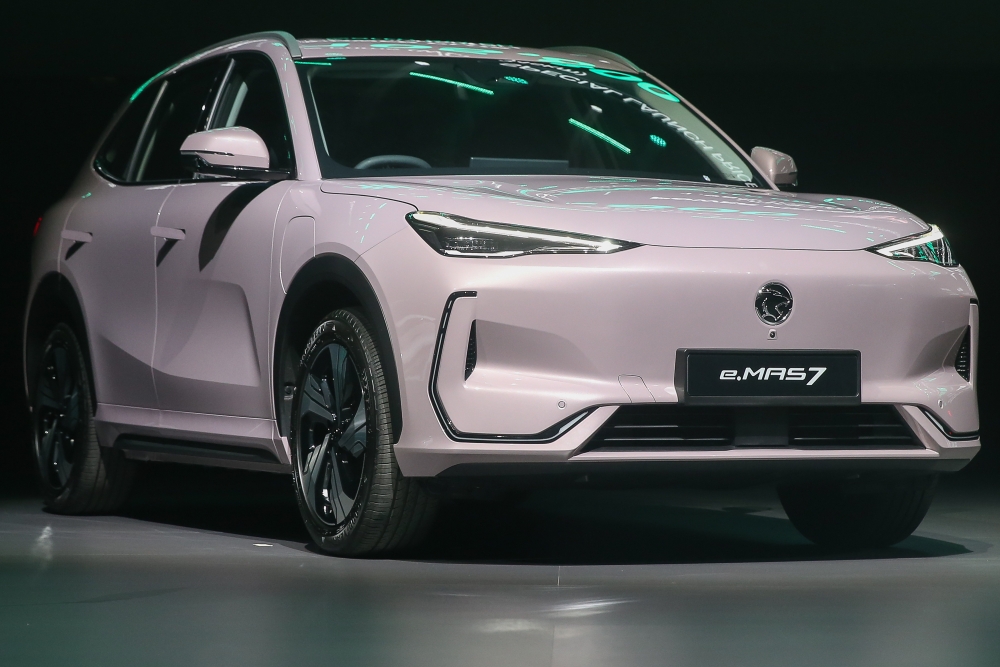KUALA LUMPUR, April 19 — Following a public outcry over soaring medical insurance premiums, attention has now turned to motor insurance — but experts say a drastic hike is unlikely.
General Insurance Association of Malaysia (PIAM) chief executive Chua Kim Soon said concerns about rising costs are valid, but any changes to motor insurance premiums will depend on market dynamics.
“There is already a prescribed bandwidth of an increase or decrease of between 15 to 20 per cent, that is the maximum you can go or it could also go down as well, so whether the market overall is going to revise, it is up to market forces,” he said in a recent interview with Malay Mail.
“Some (insurers) might increase and some might reduce, it is not for certain.”
Chua said PIAM has gathered data from its member companies, but the findings remain inconclusive for now — even as inflation continues to push up the cost of vehicles and repairs.
Though medical premiums have risen by as much as 40 per cent in some cases, he said motor insurance is unlikely to follow suit due to safeguards already in place.
One such safeguard is Bank Negara Malaysia (BNM)’s move to liberalise the motor insurance tariff in 2017. The policy allows insurers and takaful operators to set premiums based on a driver’s risk profile, instead of relying solely on fixed pricing.
“Premium rates are based on the risk profile of policyholders which includes their driving records and claims history on top of existing factors such as vehicle and driver age, and sum insured,” Chua said.
This approach means drivers with clean records and well-maintained vehicles may continue to enjoy lower rates, despite inflation.
Chua added that rising motor vehicle prices and spare parts costs are pushing up claim values, which could in turn affect premium pricing.
“As the prices of motor vehicles rise due to inflation, the cost of replacing an accident-damaged vehicle also increases,” he said.
“This will result in higher sum insured, which will correspondingly have an impact on the premium itself.”
“Inflation in spare parts prices also directly impacts repair cost, meaning when they become more expensive, the cost of repairing rises accordingly.”
To cope with possible premium increases, Chua advised motorists to do their own research when renewing policies.
“Compare quotes regularly, particularly if you have incidents that could raise premium rates,” he said.
“Research on additional features as there are insurers who provide discounts on your mileage and good driving behaviour.”
Most importantly, he said, policy holders should prioritise road safety and vehicle upkeep to avoid claims and keep premiums affordable.

